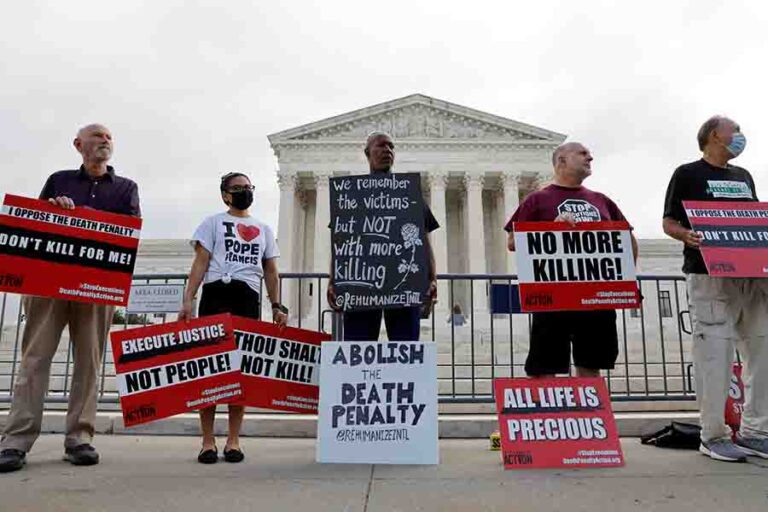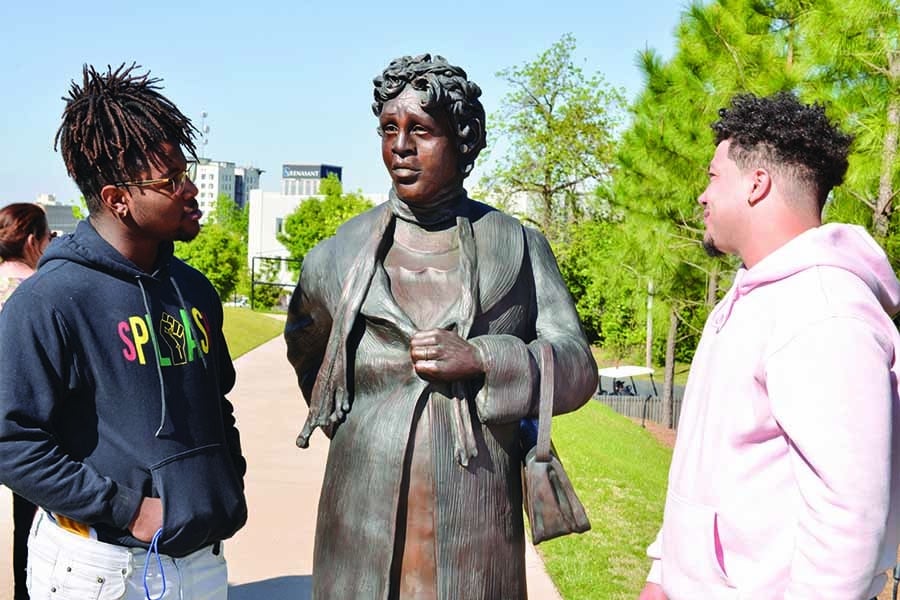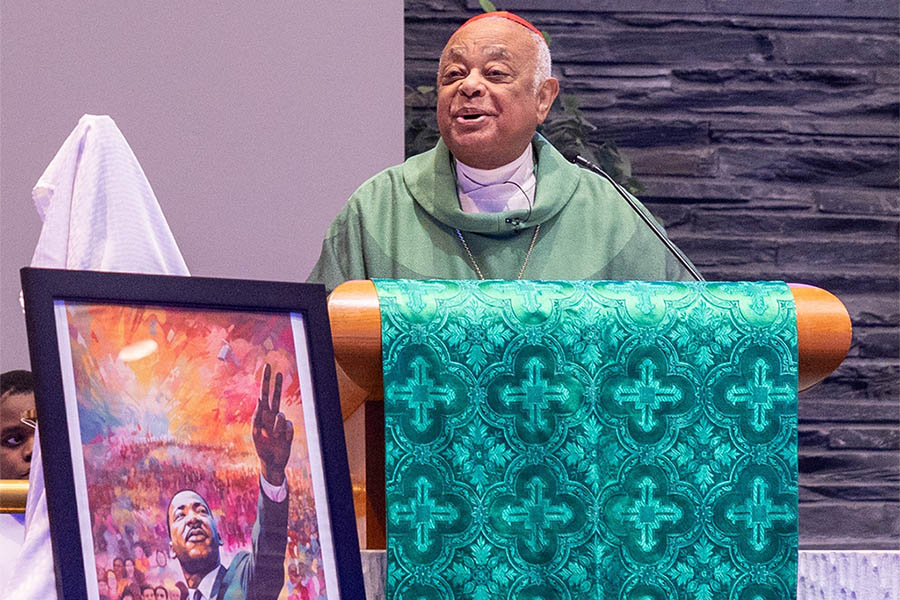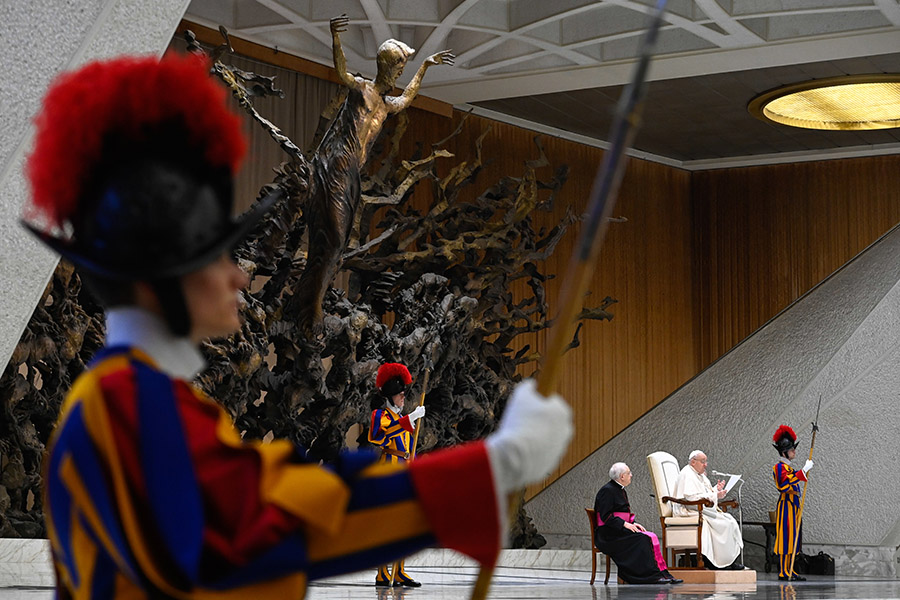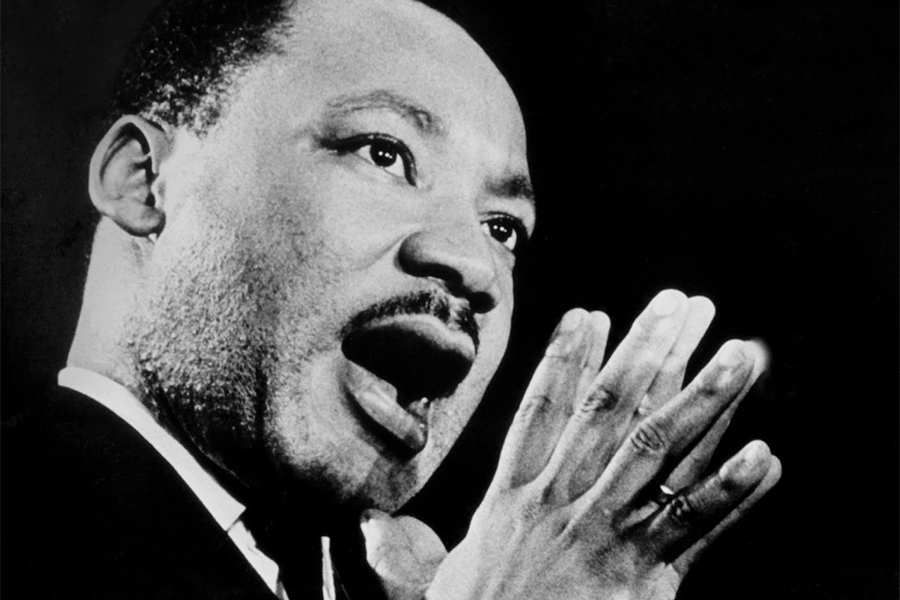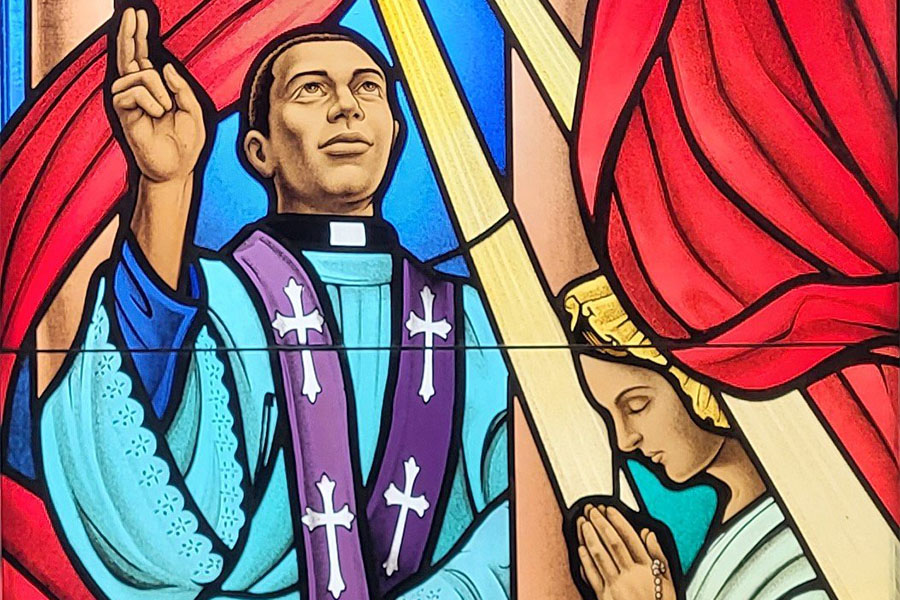WASHINGTON (CNS) — Advocates working to end the death penalty say they have long seen the links between racism and capital punishment and they plan to continue to speak out about it until they see a change.
“Racism’s in everything — and especially in criminal justice — and nowhere more than in the death penalty” is how Sister Helen Prejean puts it. The Sister of St. Joseph is a longtime opponent of the death penalty,.
In an interview with Catholic News Service, she not only pointed out the disproportionate number of Black death-row inmates, but she also noted that a death sentence often has more to do with “who was killed and who was outraged over their death.” She said 80 percent of those sentenced to death are there because they “killed a white person.”
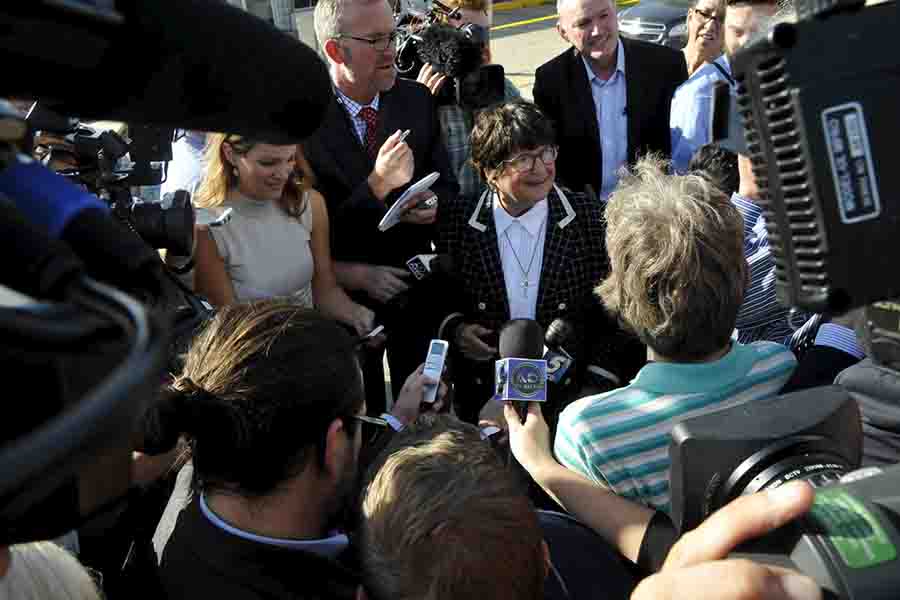
Ngozi Ndulue, deputy director of the Death Penalty Information Center in Washington, backs up these observations in the center’s 2020 report: “Enduring Injustice: the Persistence of Racial Discrimination in the U.S. Death Penalty.”
“Fundamental pieces of the death penalty really haven’t changed since the colonial period,” she said, adding that capital punishment has always been “applied differently because of race.”
She told CNS that one of the biggest determining factors influencing death penalty cases is the victim’s race.
“So, if you have a white victim, you are much more likely to be sentenced to death and you are much more likely to be executed and this is very persistent throughout time,” she said, adding that it is “one of the strongest findings” of several studies.
None of this is new. The U.S. Catholic bishops in their 1980 statement calling for an end to the death penalty said:
“Those condemned to die are nearly always poor and are disproportionately Black. Abolition of the death penalty will not eliminate racism and its effects, an evil which we are called to combat in many different ways. But it is a reasonable judgment that racist attitudes and the social consequences of racism have some influence in determining who is sentenced to die in our society. This we do not regard as acceptable.”
And 14 years later, Supreme Court Justice Harry Blackmun similarly said in an opinion in a death penalty case: “Even under the most sophisticated death penalty statutes, race continues to play a major role in determining who shall live and who shall die.”
Krisanne Vaillancourt Murphy, executive director of Catholic Mobilizing Network, a group that seeks to end capital punishment, said the connection between race and a death sentence in the U.S. goes back to slavery, lynching and Jim Crow laws.
She said efforts to end the death penalty need to involve “confronting misuse and abuse of power and racial injustice that deny people their God-given dignity.”
Death penalty opponents are keen on educating the public about the injustices surrounding capital punishment, with the hope that as people know more about it they will oppose it.
Sister Prejean said it gives her “great hope to be out there on the road to talk to people,” adding that they get it when they “understand what the death penalty involves and even how broken it is: why only poor people are selected and overwhelmingly people who have killed white people are selected for death.”
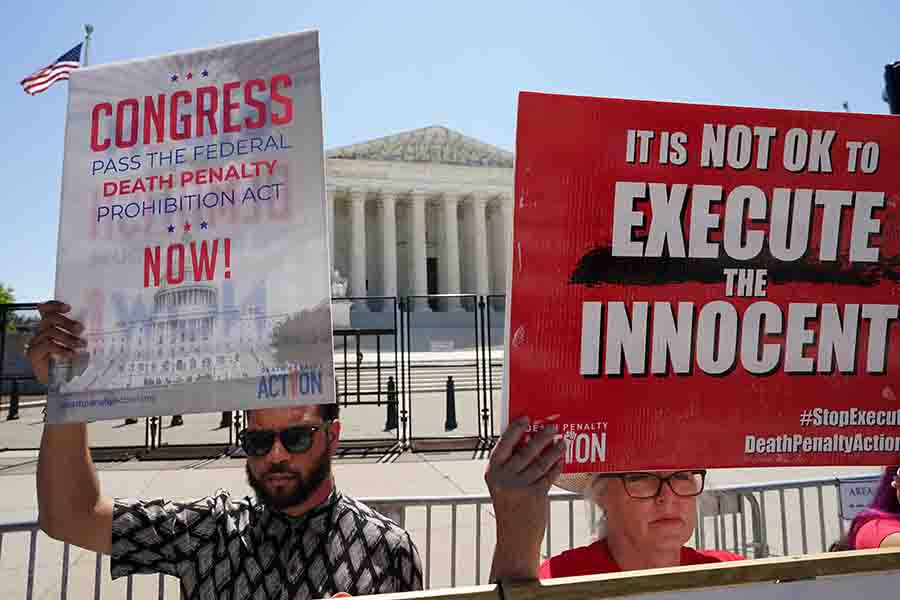
Knowing more about the death penalty and having a change of heart about it is something she said has been labeled the “Marshall hypothesis.”
This refers to an opinion by Supreme Court Justice Thurgood Marshall in a 1972 capital punishment case where he said American people may say they favor the death penalty, but he insisted that if they were more educated about it they wouldn’t support it.
That’s been part of the work of Catholic Mobilizing Network: educating people about the death penalty but also informing Catholics about the church’s stance against it.
Vaillancourt Murphy pointed out that in this area there is still a lot of work to do because about 25% of Catholics polled a year ago by the Center for Applied Research in the Apostolate, or CARA, said they didn’t even know the Catholic Church had anything to say about capital punishment.
But along the same lines of the Marshall hypothesis, she noted that people “don’t change their minds in the direction toward supporting the death penalty, typically.” If they change their minds about the issue, “they typically oppose the death penalty.”
The work of informing the public at large about injustices in the nation’s use of capital punishment is part of what prompted the Death Penalty Information Center to issue its report on race and the death penalty.
Ndulue, the report’s author, said the study had been in the works for years, but it was released in 2020 at the start of protests over the death of George Floyd and others.
“We were releasing it in an environment where people were really receptive to actually thinking more deeply about what racial justice looks like,” she said.
People “really wanted to dive deeper” into examining connections of the death penalty and race historically and then looking at the present moment and recognizing where “we’re still seeing racial disparities throughout the system,” she added.
And as she sees it, these connections are making an impact. When Virginia abolished the death penalty in March 2021, for example, one of the central reasons state legislators emphasized was the role that race had historically played in the state’s use of capital punishment.
It also was the issue that many death penalty opponents in the state continued to drive home before the legislation passed.
And it’s the mantle that faith groups have to keep pushing, according to the Rev. Jack Sullivan Jr. of the Christian Church (Disciples of Christ).
The internationally known preacher, justice advocate and death penalty abolitionist, said faith groups must continue to take a stand against the death penalty for it to go away.
His own stance also comes from personal experience after his 21-year-old sister was fatally shot in Cleveland in 1997. The killer was never found and Rev. Sullivan channeled his own grief into advocating against capital punishment and speaking out about the need for victims to receive more resources and help.
Rev. Sullivan, who also is the executive director of the Ohio Council of Churches, said he knows not all churchgoers see the deep significance of the impact of racism in the death penalty, but if they could become stronger advocates for justice in this area, he thinks they could make inroads and “see hearts and minds and laws and policies change.”
Put another way: He said as faith groups start to see the injustices within the nation’s use of the death penalty, then “we will invest more in the matrix and machinery of redemption and restoration than we do in retaliation and revenge.”
Follow Zimmermann on Twitter: @carolmaczim
Read More Racial Justice
Copyright © 2022 Catholic News Service/U.S. Conference of Catholic Bishops

